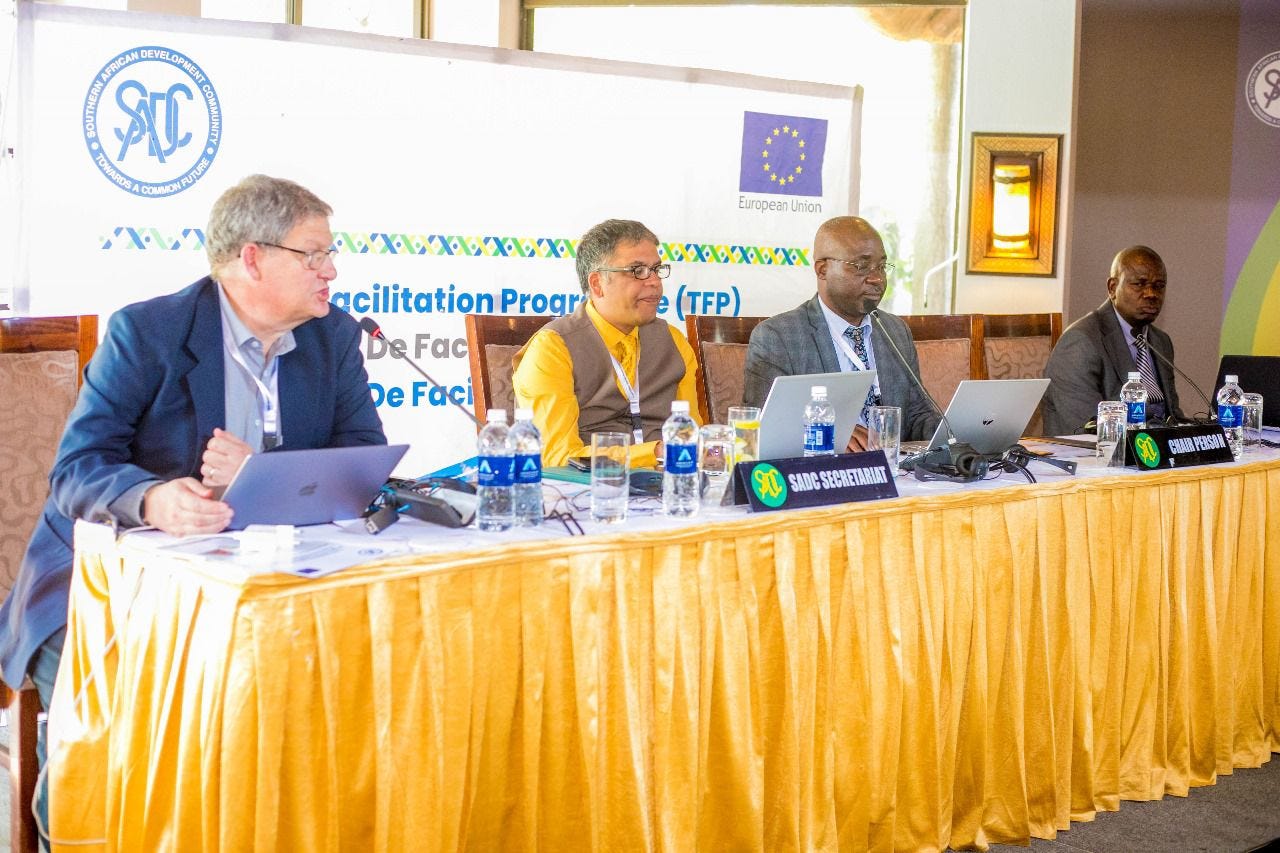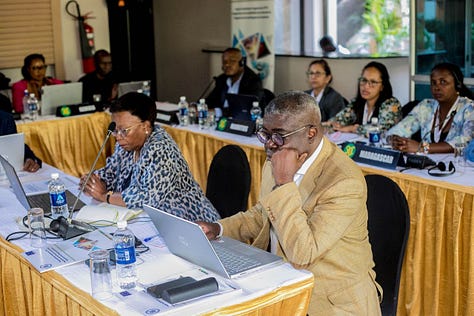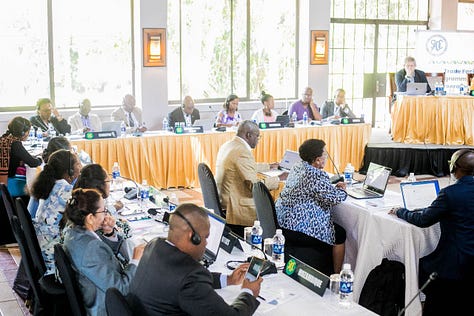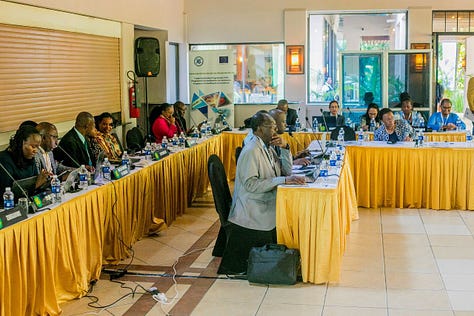SAFE FOOD - SADC strategise on food safety to foster integration and trade
Experts discussed food safety state of transparency on importing member states, framework for inspection and sampling of food imports and current state of laboratories and testing facilities

LUSAKA, Zambia (Planet Defence) – Southern African Development Community (SADC) technical committee on food safety cited lack of harmonisation of measures under agreement on the Application of Sanitary and Phytosanitary Measures as a gap to foster regional integration and trade.
The regional economic bloc suggested adoption of protective measures to ensure integration into the free trade market at a meeting held in Lusaka, Zambia last week.
Experts in the field of product inspection in SADC region from 10th-13th October, 2023 discussed current state of transparency on importing member states, framework for inspection and sampling of food imports and current state of laboratories and testing facilities.
The structure of guidelines for imported products, sampling at the point of inspection, resolution of trade barriers on the spot, and the harmonisation of member states' sanitary and phytosanitary measures on food safety were also high on the region agenda.
SADC membership also reviewed the Regional Indicative Strategic Development Plan (RISDP) 2020 – 2030 in the agricultural processing value chain.
The review was aimed at simplifying inspection and sampling to resolve existing gaps for the protection of animal, plant life including human health.
The sixteen – member economic bloc recommended greater harmonisation in procedures for checking documents, inspecting and testing imported food at the point of entry, legislative requirements to support institutional arrangements for carrying out import controls to facilitate development of regional trade.
Experts want to see the recapitalisation of accredited laboratories for microbiology and some chemical tests, unusual tests - visual inspection or product verification - and a more efficient information exchange mechanism to avoid the lengthy turn-around time for results.



Limbani Matumba, Professor of Food Safety at the Lilongwe University of Agriculture and Natural Resources told Planet Defence in Lusaka recently that the region need credible, reliable and accurate data to make informed decisions.
“Like I said sampling is critical. So, what we are trying to do is to research on collection and preparation of samples on mycotoxins so that the error is reduced. This will help us to have the evidence that should inform decision making and that’s what we are doing. Surveillance, trade all these require credible data,” said Matumba in an exclusive interview.
In order to overcome barriers and simplify inspection and sampling to resolve existing gaps in the risk assessment of imports, it was proposed to develop the capacity for action, develop a food safety coordination law, improve laws to carry out risk-based controls, develop standard operating procedures and protocols based on risk analysis.
More importantly, safety be controlled in country of origin, monitor shipments after release from the point of entry.
On this basis, in order to provide safety and quality of food products prior to export, experts recognised a need for mutual recognition agreement, database, and a framework for food safety certification including monitoring of non-tariff measures that could become non-tariff barriers.
Chiluba Mwape, Senior Advisor on Sanitary and Phytosanitary at African Union Commission recognised that food safety has received greater attention from governments in recent decades. All due to the increased demand for safe food from families with rapidly growing incomes, technological improvements in measuring contaminants and the increase in food-borne related diseases.
According to Mwape, the UN World Health Organisation reports that 91 million people in Africa fall ill annually due to food – borne diseases and 137,000 die from the same cause, which represents a third of the global deaths from food-borne diseases.
"The importance of collective action to strengthen coordination and implementation of science – based sanitary and phytosanitary systems on the continent must be enhanced by development of food standards to address emerging threats posed by food-borne hazards, plant pests and animal diseases, including climate change," Mwape emphasised.
According to Mwape, this will contribute to achieving the goals and targets set out in various development frameworks, including the United Nations Sustainable Development Goals for 2023, African Union's Agenda 2063, Comprehensive Agriculture Development Programme (CAADP) commitment under the Malabo agreement on accelerating agricultural growth and transformation for shared prosperity and improved livelihoods.



